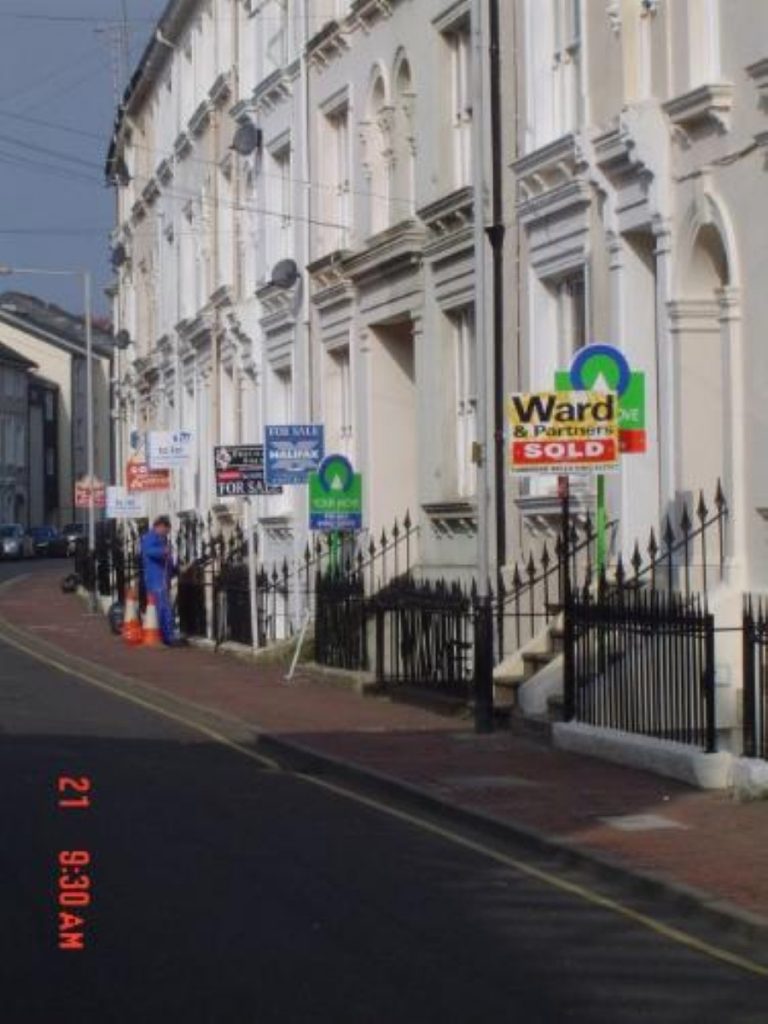Inaccurate migration figures ‘leave councils struggling’
Local councils are struggling to deal with an “invisible population” of migrants who do not exist in official statistics, the Local Government Association (LGA) has warned.
Chairman Sandy Bruce-Lockhart said the government’s failure to accurately assess how many people are coming into the country means local authorities are not being given the proper funding to cope with extra demand on housing and other services.
In a letter to home secretary John Reid yesterday, he warned that unless this funding gap is bridged, local authorities could be forced to increase their council tax bills.
“Unless accurate, up to date figures on migration are produced, so that the proper funding to councils can be reflected, this could pose severe problems in the future as services get cut, or council tax has to rise disproportionately for growing migrant population,” he wrote.


He cited the example of Slough, where the Office for National Statistics (ONS) estimated about 300 migrants lived in 2004. However, National Insurance registrations, showing who was working there, suggested this number was closer to 9,000.
“Working migrants have become an invisible population whose children need school places, who need to be housed appropriately and in some cases need social services. Official statistics have failed to reflect this,” Lord Bruce-Lockhart said.
Slough borough council is predicting six per cent rises on its council tax bills for the next five years to cope with the extra pressure. It says the only way to stop this is for the government to give it more funding until migration figures improve.
“The reality is that councils such as Slough cannot wait for statistical improvements to catch up with what’s happening on the ground,” the council’s strategic finance director, Andrew Blake-Herbert, told a conference on the subject last month.
“We are asking the government to provide resources now to bridge the funding gap until measurement techniques catch up.”
The Home Office refused to comment on Lord Bruce-Lockhart’s letter, but the home secretary has acknowledged the concerns about the impact increased migration, particularly from the new EU accession states, is having on UK services.
“People recognise that others from outside this country can bring great skills here, but they also want to be assured that our services – whether it’s schools or hospitals – and indeed their own terms and conditions will be preserved and immigration will be managed,” Mr Reid told the BBC on Sunday.
He is due to make a major speech on immigration tomorrow, but Lord Bruce-Lockhart has also called for clarification on whether citizens from Romania and Bulgaria, which join the EU next year, will be allowed to work freely in the UK.
“On behalf of councils across the country, I would like to seek clarification on the current timetable for gathering accurate information on the number of migrant workers from EU accession states already in the country – and on future predictions of migrant workers from accession countries in the coming years,” he wrote.












